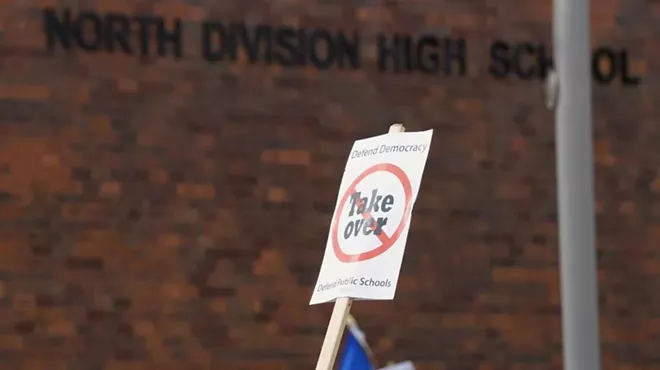Monday, April 7, 2014
Are Speech Patterns Becoming More, Like, Nuanced?

- Image courtesy of shutterstock.com
When I was a high school English teacher, I wasn't a card carrying member of the Grammar Police. I didn't believe in rigid enforcement of some of those ridiculous, Latin-based rules which grammar books love to dwell on. And I rarely criticized student speech patterns. I love people-generated language — the slang, the phrasing, the inflection. It feels like folk poetry to me, language that is generated, formed and refined in the crucible of popular communication. I was clear, it's not appropriate in formal writing or during formal presentations to the class, but it's a rich, nuanced form of communication which deserves its place alongside "The King's English."
I remember once I came in after lunch and wrote "Ku-hoo-ul" on the board and asked a female student of mine who said "Cool!" with more panache than anyone else in the class to read it phonetically. The three syllable word was a reasonable approximation of the popular pronunciation. The point for me was, the actual word "Cool!" was only part of the communication involved. The "performance" of the word carried at least half the message.
Another time we got involved in a discussion of the difference between "I'm like/She's like . . " and "I'm all/She's all . . ." as ways to tell other people about a discussion. Both of them are substitutes for "I said/She said . . ." but there's a difference. We decided "I'm like/She's like . . ." simply related the facts of the conversation — "This is what I/she said" — but "I'm all/She's all . . ." was reserved for emotional moments, when you reveal something important, when you argue and so on. Far from being sloppy speech, "I'm like" and "I'm all" convey more meaning than a simple repetition of "I said."
All of which leads to a wonderful column in today's NY Times by Columbia University prof John McWhorter: Like, Degrading the Language? No Way. He looks at the uses of "Like," insisting, correctly, that it can create subtle shifts in the meaning of a sentence. He also looks at the online "LOL" as a way to convey something you can't communicate easily with a string of written words — a smile, a giggle, a "You got that right!"
I recently heard a wonderful discussion of "Uptalk," the tendency to end a statement with a rise in your voice like you're asking a question. It's become a regular speech pattern in southern California, and it's spreading. I must admit I find it annoying, but maybe that's my problem. The discussion argued that Uptalk isn't a silly affectation, that there are a number of different ways fluent Uptalk speakers use the inflection to convey subtly different meanings.
People who pride themselves on using high-toned language enjoy tipping their chins into the air and maintaining that unsophisticated listeners simply don't understand the subtle nuances in word choice and syntax of those who are adept at employing "le mot juste." I would say, people who are trained in the art of popular speech have an equal right to call their detractors "Clueless" — though I'm sure "Clueless" is hopelessly outdated and has been replaced by another, more up-to-date term.
Tags: slang , Uptalk , John McWhorter










